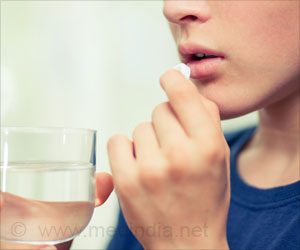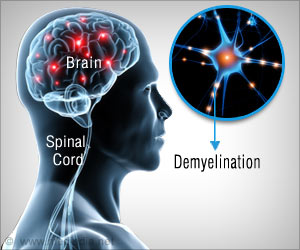Exercise can have a positive influence on certain symptoms of multiple sclerosis, in which the body's own immune system attacks the nervous tissue.

‘People who do yoga and aquatic exercise suffer less from fatigue, depression and paresthesia; exercise can have a positive influence on certain symptoms of multiple sclerosis.’





Increased risk of depression In a random trial, researchers from Basel and Kermanshah (Iran) have now shown that these symptoms significantly improved after an eight-week program of yoga and aquatic exercise. In comparison to the control group, fatigue, depression and paresthesia were significantly reduced in patients who took part in a three-times weekly training program. In the non-exercising group, the likelihood of moderate to severe depression was 35-fold higher than in the groups who had done yoga or aquatic exercise.
Fifty-four women with MS and an average age of 34 were assigned to one of three groups: yoga, aquatic exercise or no exercise. Before and after the trial, patients were asked to complete a questionnaire about their symptoms. All patients continued with their existing treatment, including any medication taken to regulate the immune system.
Exercise as a complementary therapy
"Exercise training programs should be considered in the future as possible complements to standard MS treatments," write the researchers. Researchers from the Kermanshah University of Medical Sciences in Iran, the Psychiatric University Clinics (UPK Basel, Center for Affective, Stress and Sleep Disorders) and the University of Basel's Department of Sport, Exercise and Health took part in the study.
Advertisement















